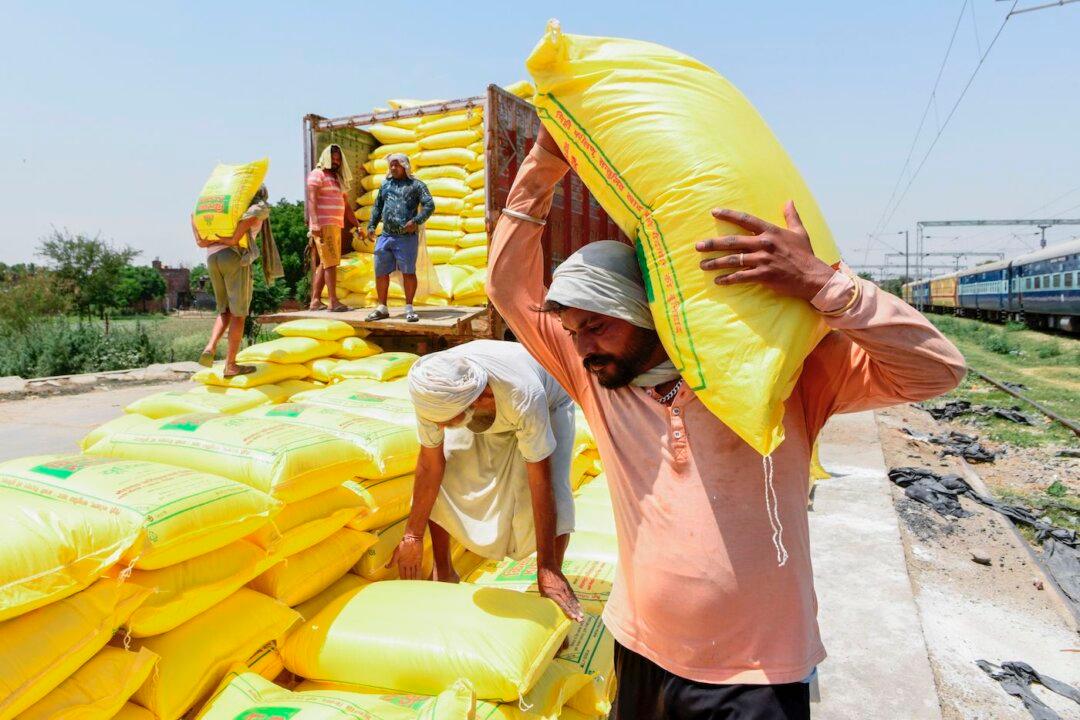The cost of fertilizer has risen significantly since the start of Russia’s invasion of Ukraine, and those rising costs are expected to result in higher grocery bills and further food price inflation.
Russia, in large part because of its massive size and geographic diversity, is unparalleled as an exporter of numerous crop nutrients. Russia produces 25 percent of the European supply of key fertilizer components nitrogen, potash, and phosphate, and any disruption to these exports could significantly damage food production worldwide.





